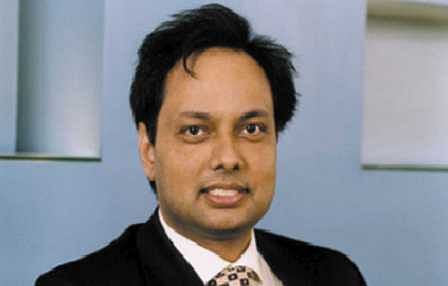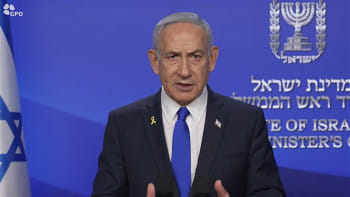Hannan handed death

Anwar ChoudhuryPhoto: File Photo
Three militants of Harkatul Jihad (Huji) including its chief Mufti Abdul Hannan were sentenced to death yesterday in a murder case filed in connection with the grenade attack on the then British high commissioner Anwar Choudhury in May 2004.
The Sylhet Divisional Speedy Trial Tribunal also awarded life terms to two other accused in the case--Mufti Hannan's brother Muhibullah alias Muhibur Rahman alias Ovi and Mufti Main Uddin alias Abu Zandal.
The two other sentenced to death are operatives of the outlawed militant outfit, Sharif Shahedul Alam Bipul and Md Delwar Hossain alias Ripon.
Judge Shamim Mohammad Afzal of the tribunal started reading out the summary of the 110-page verdict at 2:25pm. The accused had been brought from Sylhet Central Jail and produced before the court amid tight security.
Additional troops of Rapid Action Battalion, Detective Branch and other law enforcement agencies were deployed in and around the court area hours ahead of the pronouncement of the judgment. All gates of the courts were also kept shut for hours and people were barred from entering the court areas.
Hearing the judgment, the convicts showed no immediate reaction. But while coming out from the court, all the five convicts claimed innocence and that the charges brought against them were baseless.
Mufti Hannan said, "We are victims of a conspiracy. We would file appeals with the High Court soon."
Three persons--Special Branch Assistant Sub-Inspector Kamal Uddin, Habibur Rahman Habib and college student Zobayer Ahmed Rubel--were killed while the Bangladesh-born British high commissioner was hurt along with about 70 others in the grenade attack after Juma prayers on May 21, 2004 on the Hazrat Shah Jalal (R) shrine premises in Sylhet city.
According to prosecution records, Mufti Hannan and a few others had held a secret meeting at Badda in the capital and plotted to kill Anwar Choudhury. Hannan supplied a grenade to Huji operatives Bipul and Ripon, who brought it to Sylhet in a tiffin carrier.
The Huji men offered Juma prayers at the shrine and Ripon hurled the grenade at the British high commissioner who was advancing towards the main gate.
A few days after the cases were filed--one for killing and another under the Explosives Act, those were transferred to the Criminal Investigation Department (CID) as police failed to gather any clue.
On June 7 last year, CID's Senior ASP Munshi Atiqur Rahman filed two charge sheets against four persons--Mufti Hannan, his brother Mofizur Rahman and Huji operatives Ripon and Bipul.
Later, the CID got information about others' involvement and started further investigation. Inspector Zobayer Ahmed filed supplementary charge sheets in the cases on March 11 this year against another Huji operative Abu Zandal.
On July 12 last year, the Sylhet district judge acquitted 20 accused caught after the incident as their names were dropped from the charge sheet of the murder case.
The then judge of the tribunal, Diproman Sarker, started the trial on August 13, 2007 but he was transferred on January 27 this year without any replacement and the trial was pending for nine months.
Judge Shamim Mohammad Afzal resumed the trial on November 5 and arguments in the case were completed on December 17.
Examining the records and deposition of 56 prosecution witnesses, Judge Shamim Mohammad Afzal yesterday convicted Mufti Hannan of Hiron village of Kotalipara upazila in Golapganj, Bipul of Moishadi village under Chandpur Sadar and Ripon of Konagaon village under Kulaura upazila in Moulvibazar. He awarded them death sentence and fined each of them Tk 10,000.
Besides awarding life term to Muhibullah and Abu Zandal, the judge also fined them Tk 10,000 each, in default of which they will have to spend one year more in prison.
Pronouncing the judgment, the judge asked the convicts to file appeals in 30 days.
The case filed under the Explosives Act is under trial at the additional district and sessions judge's court, Sylhet.

 For all latest news, follow The Daily Star's Google News channel.
For all latest news, follow The Daily Star's Google News channel. 



Comments